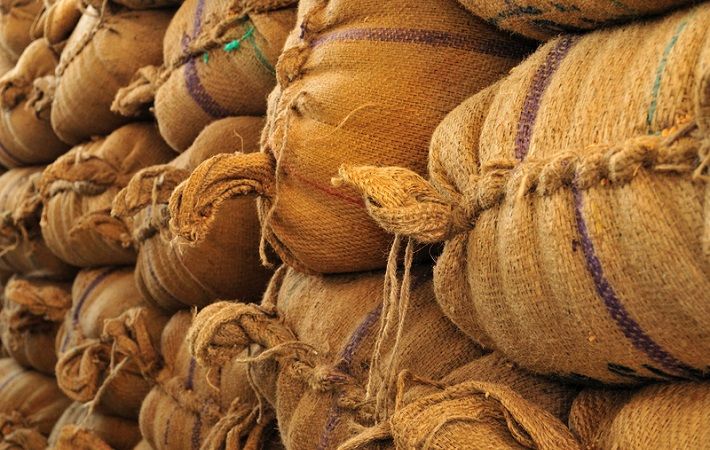
“The reservation norms would further protect the interest of domestic production of raw jute and jute packaging material in India, thereby, making India self-reliant in consonance with Aatmnirbhar Bharat,” an official release said.
Reservation for packaging in jute packaging material consumed around 66.57 per cent of the raw jute produced in the country in 2020-21. By bringing into effect the provision of Jute Packaging Material (JPM) Act, the Government will provide relief to 0.37 million workers employed in jute mills and ancillary units as well as support the livelihood of around 4.0 million farm families. Besides, it will help protect environment because jute is natural, bio-degradable, renewable and reusable fibre and hence fulfills all sustainability parameters.
The JPM Act, 1987 protects interest of jute farmers, workers and persons engaged in jute goods’ production. 75 per cent of the total production of the jute industry is jute sacking bags of which 90 per cent is supplied to the Food Corporation of India (FCl) and State Procurement Agencies (SPAs) and remaining is exported / sold directly.
Government of India purchases jute sacking bags worth approximately ₹8,000 crore every year for packing of foodgrains, thus ensuring guaranteed market for the produce of jute farmers and workers.
The jute industry occupies an important place in the national economy of India in general and the eastern region in particular, i.e. West Bengal, Bihar, Odisha, Assam, Tripura, Meghalaya, Andhra Pradesh and Telangana. It is one of the major industries in the eastern region, especially in West Bengal.
Average production of jute sacking bags is about 30 lakh bales (9 lakh MT) and the Indian government is “committed to ensure complete off-take of the sacking production of the jute bags in order to protect the interest of jute farmers, workers and persons engaged in the jute industry,” the release added.
Fibre2Fashion News Desk (RKS)